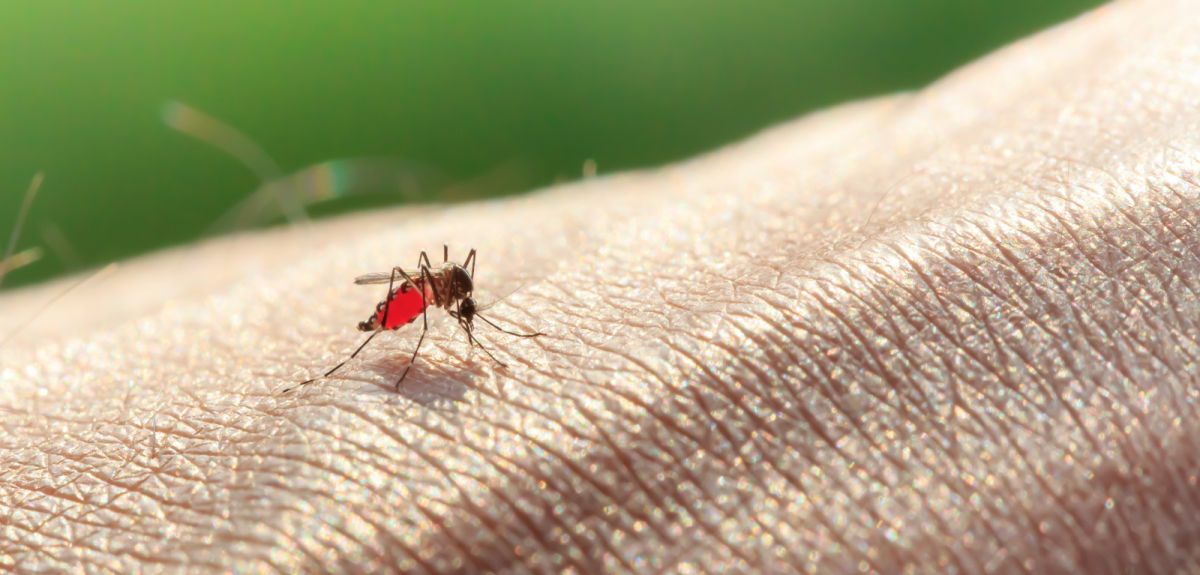
Malaria in Africa Cut By Half Since 2000
The overall rate of malaria infections in Africa fell by 50 percent between 2000 and 2015, according to a new study from Oxford University. The result is largely attributable to the use of bed nets, the researchers found.
Since 2000, a huge international effort has provided bed nets, insecticides and drugs across Africa to tackle malaria. Yet although these have been shown to work in many small-scale trials, their combined effect has never before been measured across the continent.
In a paper published in Nature, the researchers combine a large database of malaria field surveys from nearly 30,000 sites across sub-Saharan Africa with detailed reconstructions of the interventions that have been used to reduce the disease’s incidence since 2000. Their findings show that the prevalence of infection by Plasmodium falciparum — the parasite that causes the most deadly form of malaria in humans — across the areas of Africa affected by the disease fell by 50 percent between 2000 and 2015.
The researchers, from the Malaria Atlas Project (MAP) at Oxford University’s Department of Zoology, also carried out a series of calculations to establish which interventions had contributed to the dramatic decline in malaria incidence. They found that the combined effect of malaria control since 2000 has been to prevent 663 million cases of the Plasmodium falciparum form of the disease.
Of that total, insecticide-treated bednets were found to have contributed to 68 percent of the impact. Treatment of clinical malaria cases with artemisinin-based combination therapy contributed 22 percent and the use of indoor residual spraying a further 10 percent.
'Despite the large sums invested in malaria control, our understanding of the impact on the ground has been patchy,' explains Dr Pete Gething, who leads the MAP team in Oxford. 'We've been able to provide here reliable and compelling evidence of just how big the impact has been and proof that malaria control is one of the smartest ways to spend aid.'
While the findings of the study are positive, Dr Gething points out that much work is still required to fully overcome the disease. '300 thousand children still die from malaria in Africa each year and, despite the huge improvements, access to nets, spraying and drugs is still way below where it needs to be,' he explains. 'We've shown these cheap and effective control measures have made a huge dent in African malaria but this is no time for triumphalism - what's needed now is a redoubling of efforts to get the job done.'
A report of the research, entitled ‘The effect of malaria control on Plasmodium falciparum in Africa between 2000 and 2015’ is published in Nature (doi:10.1038/nature15535). Further information about the Malaria Atlas Project, and interactive maps showing how malaria has changed in Africa, can be found at www.map.ox.ac.uk. The work was supported by the UK Medical Research Council and Bill and Melinda Gates Foundation.
Image by Tavizta/Shutterstock.
 Expert Comment: Chatbot-driven sexual abuse? The Grok case is just the tip of the iceberg
Expert Comment: Chatbot-driven sexual abuse? The Grok case is just the tip of the iceberg
 New study finds that stopping weight-loss drugs is linked to faster regain than ending diet programmes
New study finds that stopping weight-loss drugs is linked to faster regain than ending diet programmes